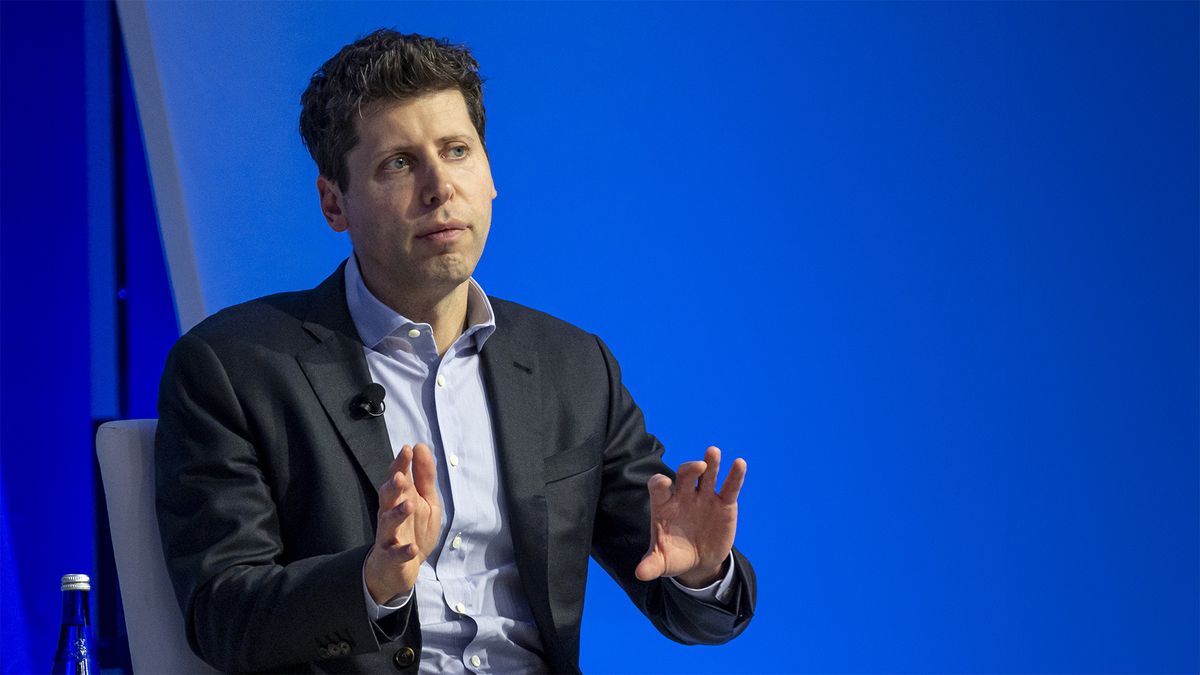Sam Altman says AI will make coders 10x more productive, not replace them — Even Bill Gates claims the field is too complex
OpenAI CEO says he plans to use artificial intelligence to make software engineers more productive, rather than replacing them.

As generative AI becomes more advanced, job security is becoming a major concern among most professionals. Multiple reports suggest that most jobs have a high affinity to be fully automated using AI, including 54% of banking jobs.
There's been a lot of speculation that coding will be the first profession on AI's chopping block. NVIDIA CEO Jensen Huang indicated that coding might already be dead in the water with the rapid prevalence of AI. Instead, he recommended exploring alternative career paths in biology, farming, education, or manufacturing.
Despite claiming that AI will gradually replace software engineers, creating a need to master the use of AI-powered tools, OpenAI CEO Sam Altman now says that he's less interested in replacing them, and is focused on making them 10x more productive (via vitrupo on X).
Sam Altman says he’s less interested in replacing coders (100% automation) — and more focused on making them 10x more productive. That could happen this year. pic.twitter.com/rUiYJKq9eyApril 6, 2025
I think it's the degree of automation that matters. To get to 100, truly 100% automation, you can make a complex thing and never touch code. That's one thing, but I'm less interested in that question than when a coder becomes 10x productive. And I think that could happen this year, next year, or something like that.
OpenAI CEO, Sam Altman
Last year, Microsoft's Work Trend Index report suggested that most recruiters won't hire anyone without an AI aptitude, prompting "a 142x increase in LinkedIn members adding AI skills like Copilot and ChatGPT to their profiles."
Interestingly, most executives voiced concern about the lack of sufficient talent to fill the vacancies in their organizations.
Elsewhere, Microsoft co-founder Bill Gates indicated that while AI will eventually replace humans for most things, coders, biologists, and energy experts will survive the AI revolution. He claimed that these fields are too complex to be fully automated by AI.
To that end, the future is seemingly unprecedented as we step into the AI era. I don't think AI will necessarily replace professionals at work, rather, it'll become a critical tool at the work place designed to automate redundant and repetitive tasks.
Get the Windows Central Newsletter
All the latest news, reviews, and guides for Windows and Xbox diehards.

Kevin Okemwa is a seasoned tech journalist based in Nairobi, Kenya with lots of experience covering the latest trends and developments in the industry at Windows Central. With a passion for innovation and a keen eye for detail, he has written for leading publications such as OnMSFT, MakeUseOf, and Windows Report, providing insightful analysis and breaking news on everything revolving around the Microsoft ecosystem. While AFK and not busy following the ever-emerging trends in tech, you can find him exploring the world or listening to music.
You must confirm your public display name before commenting
Please logout and then login again, you will then be prompted to enter your display name.